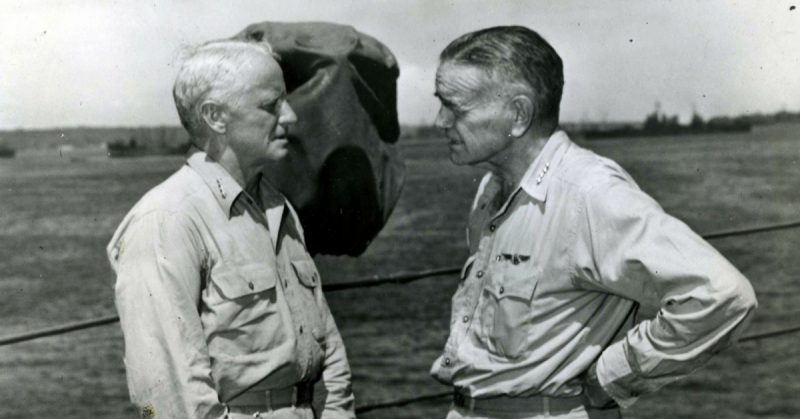The U.S. Naval Institute’s Oral History program started in March 1969 by Dr. John T. Mason, a former U.S Navy officer. Mason had conducted interviews on the naval history of World War II for the respected Centre for Oral History at Columbia University.
Mason served as the Program’s inaugural director until 1982, when he was succeeded by author, historian, and fellow United States naval officer, Paul Stillwell. Mason and Stillwell were responsible for the construction of a program that was known for its adroit preparation, skillful interview techniques, and masterful editing.
The mission of the U.S. Naval Institute’s Oral History is to preserve and provide a permanent record of the experiences, in their own words, of individuals whose contributions to the Navy and other essential sea-services made military history. Transcribed, edited, footnoted and indexed, their words have provided an invaluable resource for scholars ever since the program’s inception in 1969.
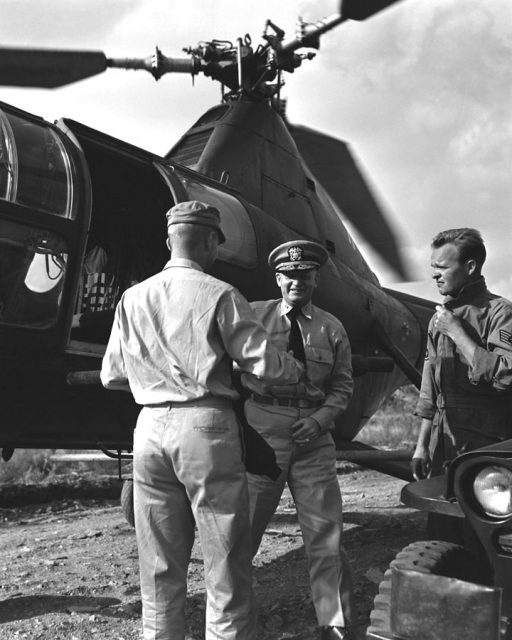
Over their lengthy post-command careers with the program, they acquired, preserved and disseminated a record of the experiences of hundreds of military leaders involved in 20th century U.S. Naval history. These included staff officers and even family of legendary commanders, such as those who had the honor of serving with Fleet Admiral Chester W. Nimitz, to CNO’s such as Admiral Arleigh A. Burke and Admiral Elmo R. Zumwalt.
Interviews were also conducted with other, less influential personnel, whose contributions during the second world war and Cold War respectively might otherwise have gone unnoticed and unheralded. These include the U.S Navy’s first African-American officers, “The Golden Thirteen”, and several outstanding women such as the first female U.S Naval Academy midshipmen.
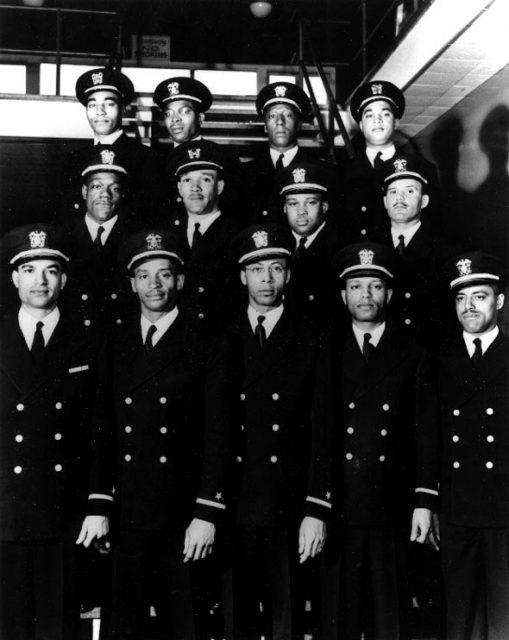
Others include the memories of Mildred McAfee, the first director of the WAVES, an acronym that stands for Women Accepted for Volunteer Emergency Service, and Carl Brashear, who was the first African-American U.S Navy Master Diver. Interviews frequently feature in works of military history, both scholarly and popular.
The Program entered into a new chapter in 2015 when Vice Admiral Peter H. Daly, CEO of the Institute, deployed experienced historians nationwide to conduct interviews with naval leaders expanding beyond the Second World War. These included Admiral Stanley R. Arthur, retired United States Navy, as well as CNO’s Vernon E. Clerk, Jay Johnson and the Chairman of the Joint Chiefs of Staff, Michael G. Mullen.
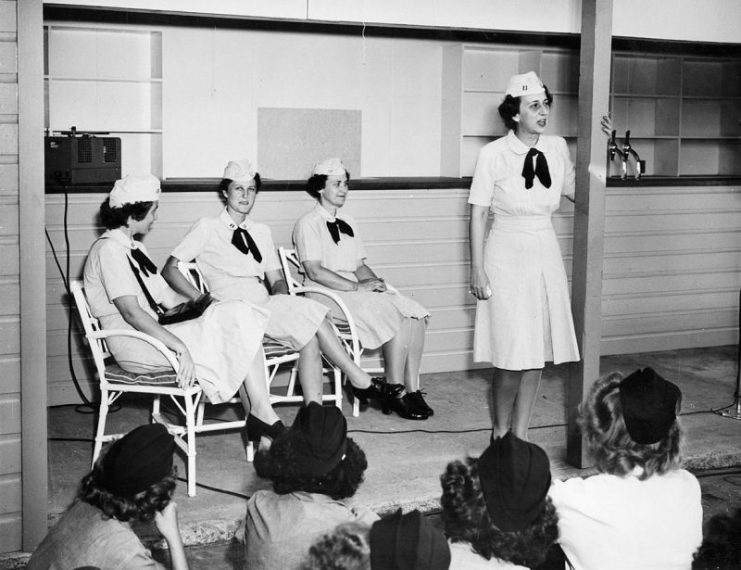
Also included were retired U.S Naval Admiral James G. Stavridis, who was serving as NATO Supreme Allied Commander, and Admiral Thomas H. Collins, USCG retired, the commandant of the Coast Guard. In 2016, Stillwell continued his work with the interview of CNO Carlisle A.H. Trost, and plenty of other interviews are planned.
A planned “Legacy Series” will include a series of 40 interviews conducted by Mason, Stillwell, and others, from 1969 through to 2004, that were otherwise previously unprocessed.
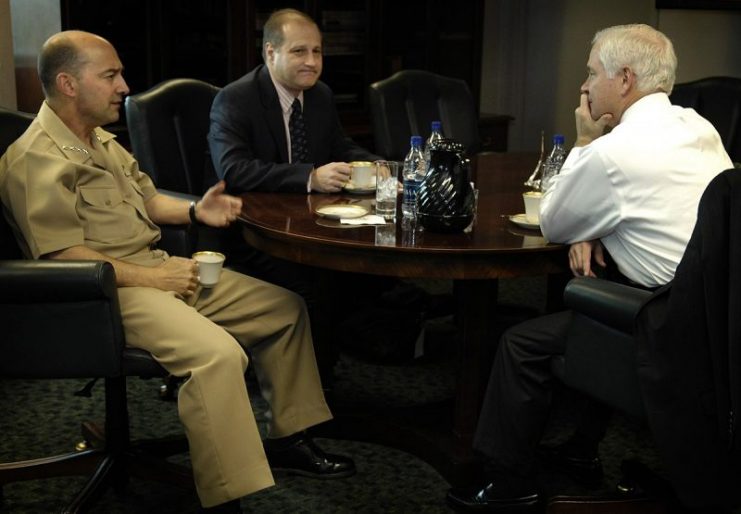
The Naval Institute of Oral History Program is a non-profit organization and lives and dies by contributed funds and donations, and will happily accept tax-deductible gifts for this purpose. This type of support assists the Institute in the preservation of the life experiences of today’s service men and women for the edification, enlightenment, and inspiration of future generations.
Those seeking further opportunities to support the program are urged to contact the Naval Institute Foundation by email at foundation@usni.org. Other options include contacting the foundation by phone at (410) 295-1054 or by writing at 291 Wood Road, Annapolis, Maryland 21402.
The Naval Institute would like to acknowledge some of the many donors by whose largess the program has been made possible, such as the support of the Pritzker Military Foundation of Chicago, Illinois, as well as the late Jack C. Taylor and Andrew Taylor of St. Louis, Missouri, and Captain Roger E. Ekman, a retired United States naval officer, of Edina, Minnesota.
